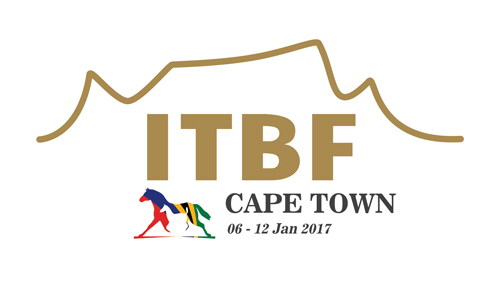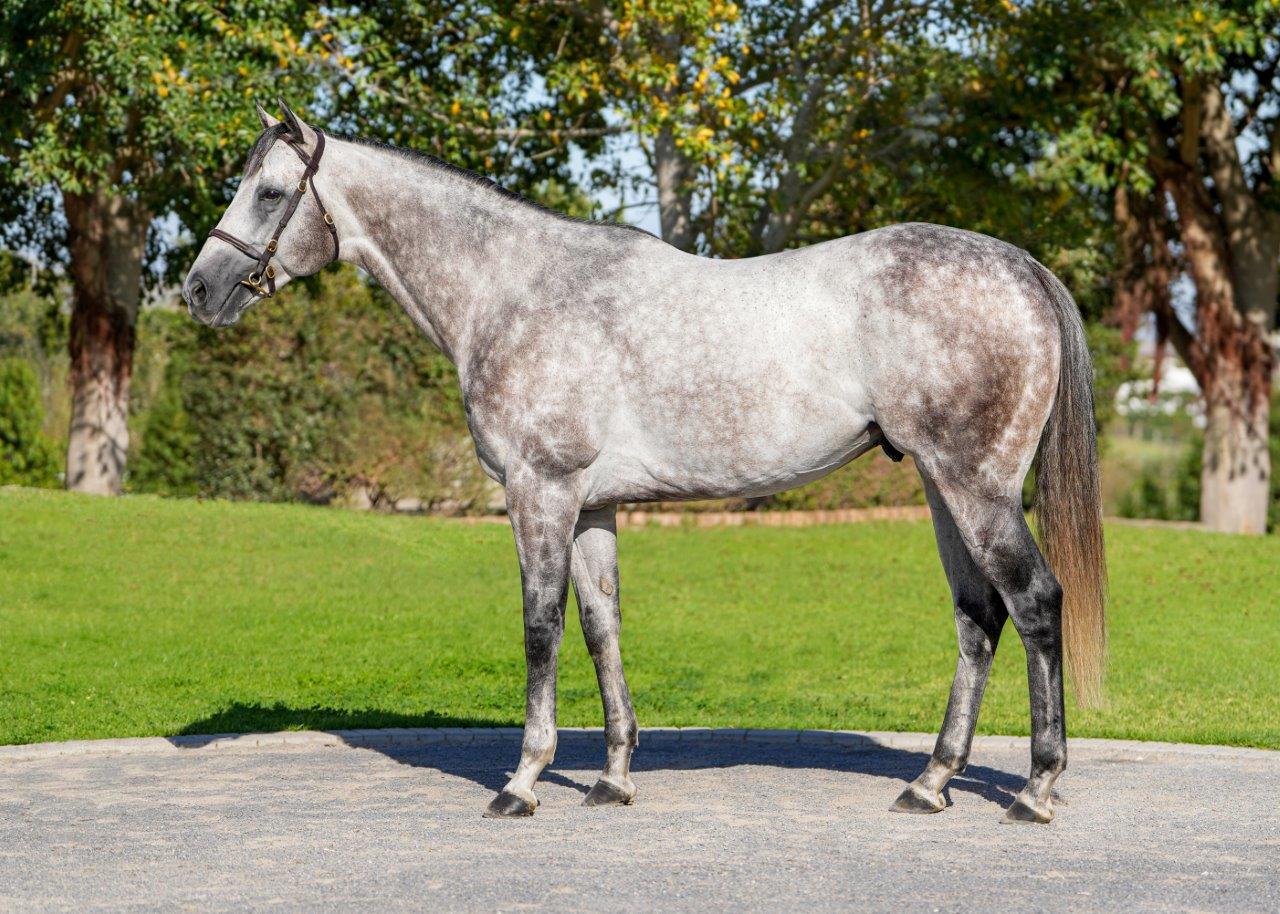The International Thoroughbred Breeders Federation (ITBF) is the representative body for thoroughbred breeders worldwide and provides a platform for member countries to reflect, solve problems, educate and create opportunities for mutual collaboration and assistance. The ITBF acts as a liaison body with racing and allied institutions and authorities, so that the International Thoroughbred Breeding Industry is represented and given space on worldwide forums.
This year, the ITBF conference is being hosted by the TBA at the Table Bay Hotel in Cape Town and will take place from 6-12 January 2017 . The ITBF has assembled an incredible list of speakers for this year’s congress and we chatted to Dr Iris Bergmann ahead of her presentation titled .
Dr Iris Bergmann is a graduate of the University of Bremen, Germany, and attained her PhD in Sustainability Studies at Southern Cross University, Australia. Prior to moving to the University of Sydney, Dr Bergmann was a research fellow at RMIT University in Melbourne. Her past projects addressed vocational education and training for sustainability; green skills for a green economy; teacher training, governance and policy development for sustainability; youth leadership for sustainable communities; and human-animal relationships under a sustainability framework. International project partners included UNESCO, UNESCO-UNEVOC and the Potsdam Institute for Climate Impact Research. When not busy with any of the above, Iris finds time to (re-)train Thoroughbreds for dressage and show-jumping.
Since 2013, Dr Bergmann has been working as part of an international research team working on the project “Caring for Thoroughbreds: Addressing social, economic and welfare issues in international horseracing”. This project is an independent research study based at the University of Sydney and funded through an Australian Research Council Discovery Grant for three years (2013-2016). The focus of Dr Bergmann’s work is the sustainability of welfare concepts in international thoroughbred racing and the future-readiness of the industry in light of changing social expectations.
ITBF Presentation
Dr Bergmann will be speaking on Day 2, Session 4 of the ITBF on the subject of Sustainability and Welfare in Thoroughbred Breeding and Racing. Her presentation covers two overriding themes of seminal importance for the future of Thoroughbred breeding and racing: Sustainability and Thoroughbred Welfare.
Dr Bergmann says, “Both concepts are filled with contesting meanings resulting in a conflict over Thoroughbred welfare and the future of the industry. In terms of sustainability, this talk starts from the premise that sustainability has been taken up by governments and industries as an overriding framework to guide policies and management decisions. Also in the Thoroughbred industry, we find reference to sustainability, however, currently generally only in terms of economic health and viability, and growth.”
“In terms of welfare, this talk starts from the premise that Thoroughbreds are exposed to innumerable welfare issues along their entire life cycle that are specific to practices within the industry, and that the public’s eye has been drawn to a small part of these issues. In this talk it will be demonstrated that the two concepts, sustainability and thoroughbred welfare, are inextricably linked.”
“Indeed, an aspect of this link has been brought to the attention of the industry with the McKinsey Report (2011), commissioned by the Jockey Club. The report establishes a relationship between the public’s concern with animal welfare and the declining trends within the racing industry in the US. This talk discusses the concept of sustainability and the concept of welfare, how these concepts apply to the Thoroughbred industry, how they are used by the industry, and what Thoroughbred welfare might entail under a true sustainability framework.”
To investigate the varying perspectives more thoroughly, Dr Bergmann interviewed nine racing administrators and representatives of industry groups, and seven representatives of animal protection organisations, based in Great Britain, the US and Australia and will be including some of the findings in her talk.
“In terms of sustainability, the majority of industry participants focussed on aspects of economic viability. Some interviewees included aspects of Thoroughbred welfare, and upon further questioning, the majority of industry participants agreed that Thoroughbred welfare is pivotal for the sustainability of the industry. The main theme that emerged from responses of representatives of animal protection organisations is that sustainability needs to be underlined by community acceptance. Some also raised concern about the nature of the concept of sustainability applied by the industry, when it implies that the industry continues in perpetuity using Thoroughbreds in racing under the current welfare standards. These welfare standards are considered unacceptable. The majority of representatives of animal protection organisations were pessimistic about the industry’s ability, willingness and effectiveness in addressing all or even the most pressing welfare issues, although representatives from the US gave a sense that some momentum for change is present in the US.”
“The most intriguing findings emerged from a photo-elicitation phase of the interviews. This involved presenting six images of thoroughbreds in different situations on and off the track to the participants. There were similarities in the definitions of welfare given by the individuals of both groups before having been presented with the images. However, their description of the images varied widely, mostly demonstrating differing sensibilities toward Thoroughbred welfare, and a difference in breadth and depth of what Thoroughbred welfare means.”
“In conclusion, it becomes clear that the concepts of sustainability and Thoroughbred welfare are based in ethical frameworks and are value-dependent. It will be demonstrated that the industry’s reliance on a medical-technological model of welfare is flawed. Furthermore, changes in the industry need to go beyond structural measures and measures of regulation and transparency, although these are important initiatives.”
To improve the protection of Thoroughbreds in the short and in the long-term, Dr Bergmann proposes a welfare model that is based in a sustainability framework. She will outline characteristics of this welfare model, and the importance of the contribution of a number of academic disciplines to its further development. Dr Bergmann will outline the questions the industry will need to engage with to move from an economically driven governance and management model to a welfare driven model to address issues of (un)sustainability. It will also come clear that this process requires social negotiations about what constitutes Thoroughbred welfare, and that this will be an ongoing dialogue affecting the Thoroughbred industry as society’s ethics and values evolve.
Dr Bergmann will be speaking on Day 2, Session 4 of the ITBF under the section on Sustainability and Welfare in Thoroughbred Breeding and Racing and will be presenting at 10:30am. Please click here for more information.









